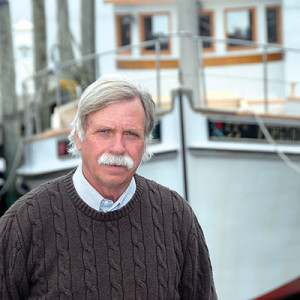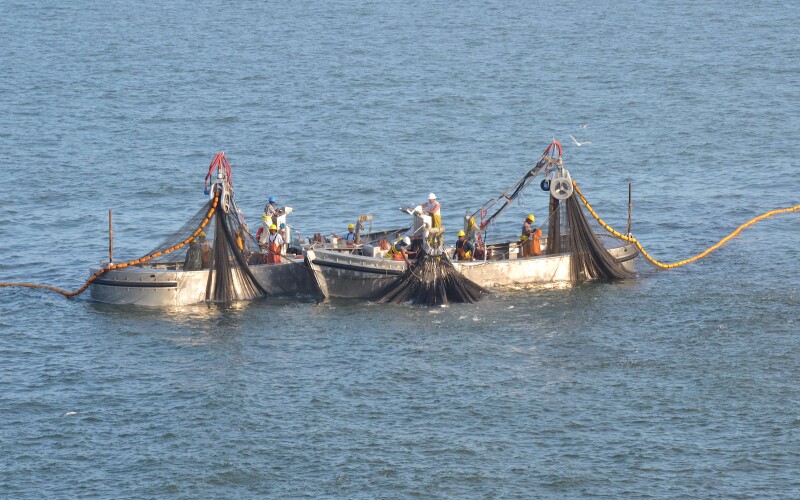The Virginia state Legislature House Bill 19, which would create a comprehensive study of the ongoing ecology, fishery impacts, and economic and environmental issues with Atlantic menhaden, was “carried” over and killed for 2024 consideration by the House Rules Committee on Jan. 29. It must be reintroduced next year to move forward.
This has environmental and sportfishing stakeholders up in arms, blaming lobbying efforts and lack of support by the bay’s only menhaden reduction fishery, Omega Protein. According to the Chesapeake Bay Foundation, “House Bill 19 would have enabled a wide-scale study of menhaden populations in the Bay that would shed light on the overall health of the fish species.”
“Omega Protein previously backed the development of a scientific framework for a local menhaden population study,” stated the CBF release. “But as the 2024 legislative session progressed, the company’s lobbying efforts paved the way for lawmakers to punt funding the study into next year.”
The measure, introduced Jan. 10 by Repubican Delegate R. Lee Ware of Powhatan County, Virginia would have directed the Virginia Institute of Marine Science (VIMS) in collaboration with Virginia Marine Resources Commission (VMRC) to work with the cooperation of relevant stakeholders, recreational anglers, Omega Protein, bait fishery sectors, and nongovernmental organizations on the three-year study to be completed by Oct. 1, 2027.
Monty Deihl, the CEO of Ocean Harvesters, the fishing subsidiary of Omega in Reedville, Va., says Omega did not lobby to delay the bill.
“We took no position on the bill,” says Deihl. “After working with stakeholders to develop the bill, we did not feel the study, costing state taxpayers nearly $3 million, would, in the end, answer questions everyone wants to know – how many fish are in the Bay and how many menhaden should be allowed to be harvested?”
After National Fisherman contacted Diehl, an official statement came later from Ben Landry, Omega’s vice president of public affairs. “Regarding Delegate Ware’s HB 19, despite our concerns that these proposed projects would not answer the primary questions most people are after . . . we took no position on the bill. I can say with certainty that no one from our team lobbied against Delegate Ware’s bill. Accusations stating that we oppose the legislation are false.”
Omega has been showing a presence during the 2024 legislative session in Richmond. “We were there the day Bill 19 was carried over and I think some people thought we were there to lobby against it,” says Deihl. “We were not there for that. We were in Richmond that day supporting and lobbying for the (Delegate) Hillary Pugh Kent bill.”
The Kent House Bill 928 addresses “Interference with commercial fishing vessels and penalties provided that a person who approaches a commercial fishing vessel without the consent of the owner or person in charge of such vessel with the intent to coerce, intimidate, or harass the captain or crew of such vessel . . . will be quality for a Class 1 misdemeanor up to a Class 6 felony.”
House Bill 928 would make it a Class 6 felony to intentionally or recklessly damage, injure, tamper with, defiance or destroy a commercial fishing vessel or any associated gear. That House bill has been referred to the Committee of Courts and Justice, and as of Feb. 1 is still alive moving forward in the House.
Landry said that just last week, Dr. Mark W. Lunkenbach of the Virginia Institute of Marine Science told the Virginia Marine Resources Commission at a meeting that three years of studying this issue is a short period of time, and there would still be questions that need to be answered after the study’s completion.







